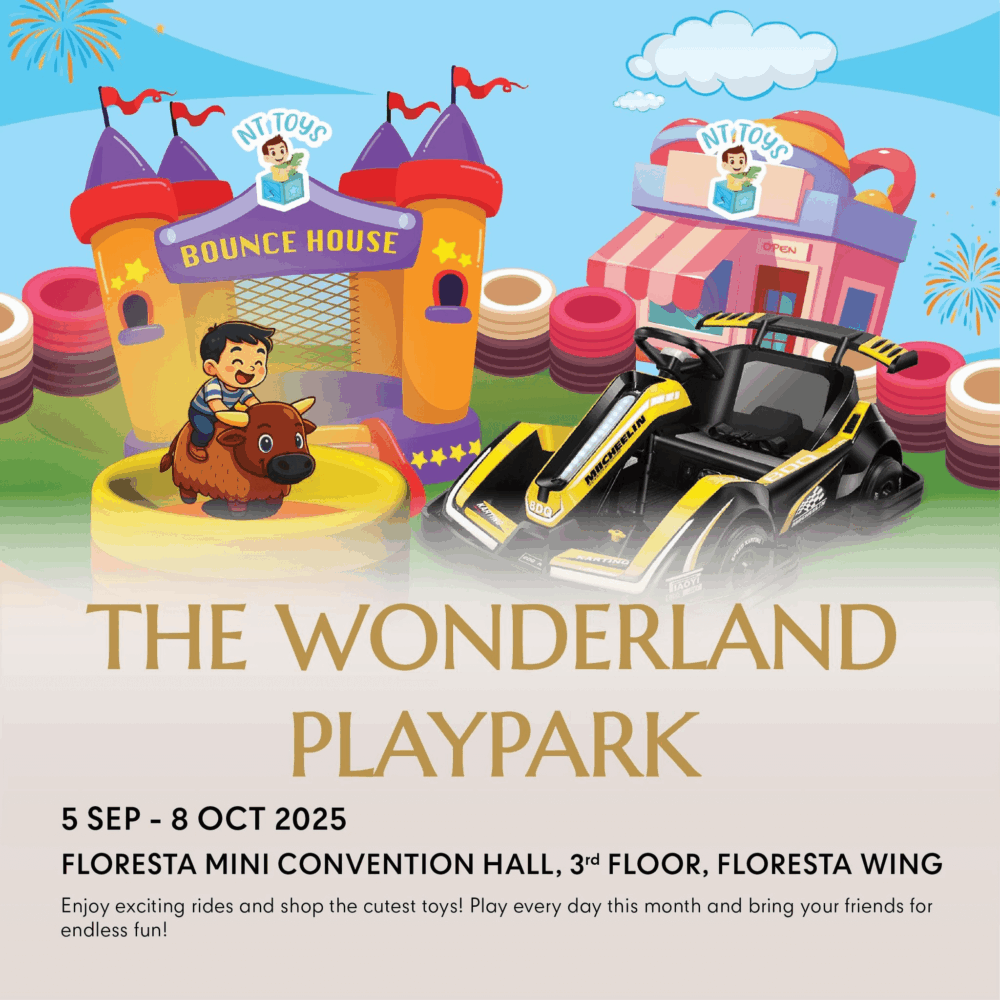Dyslexia is often misunderstood, with myths and half-truths still circulating among parents and teachers. For children in Phuket who struggle with reading, getting the right support starts with separating fact from fiction. Here are five of the most common myths explained.
Myth 1: Dyslexia is a reading disorder that can be diagnosed with standardised tests
Fact: Dyslexia has been defined in many ways over the past century. The term comes from the Greek dys (disorder) and lexis (language). Today it usually refers to problems with learning to read, but when it was first used, it described adults with brain injuries who later developed reading problems. The term developmental dyslexia is now often used to distinguish children with difficulties learning to read from adults who acquire reading disorders after stroke or injury.
Myth 2: Dyslexia makes children see words and letters backwards
Fact: Letter reversals are common in early readers, but they are not a diagnostic sign of dyslexia. Children need to learn that letters have a fixed orientation in space, unlike pictures or objects. Some children with dyslexia never reverse letters, while many children without dyslexia do.
Myth 3: Dyslexia is more common in boys than girls
Fact: Research shows dyslexia affects both boys and girls. Boys may be diagnosed more often because they are more likely to show behavioural issues in early school years. Some newer studies suggest dyslexia may be slightly more common in boys, but differences in how it presents between genders may also play a role.

Myth 4: You cannot identify dyslexia until school age
Fact: Risk factors can sometimes be seen in the preschool years. Signs may include:
- Trouble learning nursery rhymes
- Difficulty remembering letter names
- Problems recognising letters in their own name
- Ongoing speech issues or “baby talk”
- Struggles with recognising rhymes
Early speech and language problems can increase the risk of dyslexia later on.
Myth 5: Dyslexia is life-long and children will never read well
Fact: Many children with dyslexia do struggle with reading at first, but targeted support makes a difference. Evidence-based interventions, including neuroscience-based programmes, help children strengthen reading skills and can change how their brain processes language. With the right help, children with dyslexia can read effectively and do well in school.
Getting Support in Phuket

Parents in Phuket who suspect dyslexia should talk to their child’s school about assessments or consult a learning support specialist. Some international schools on the island offer screening and tailored support. Independent specialists and therapy centres also provide structured reading programmes designed for children with learning differences.
Dyslexia does not define a child’s potential. With clear information, early recognition and practical support, children can build the skills they need to succeed.













